Página 1 de 2
Hexagonal watermark transposed or normal!
Publicado: 06 Jul 2012 19:55
por Rein
Transposed paper - the wire side had been printed - of these stamps with hexagonal watermark:
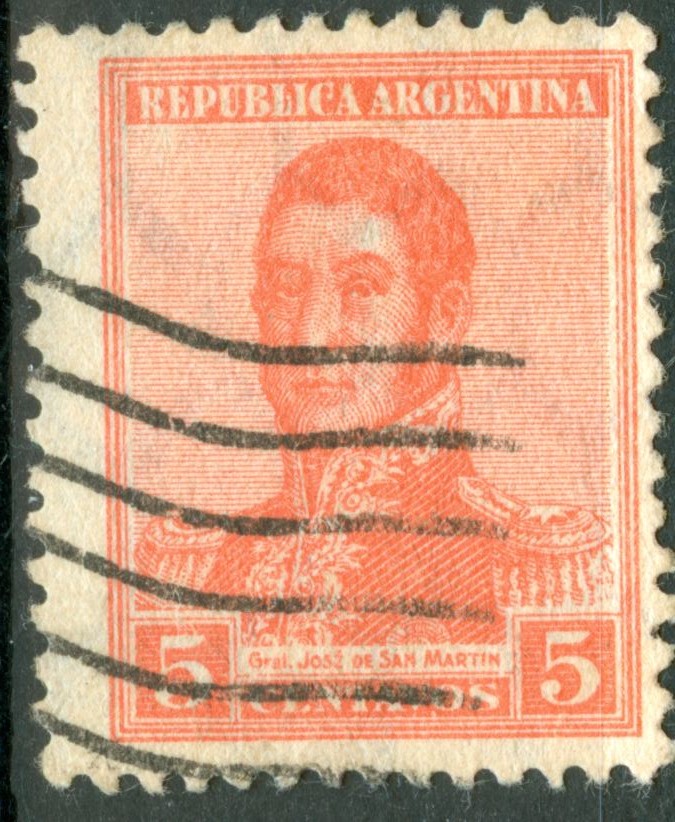
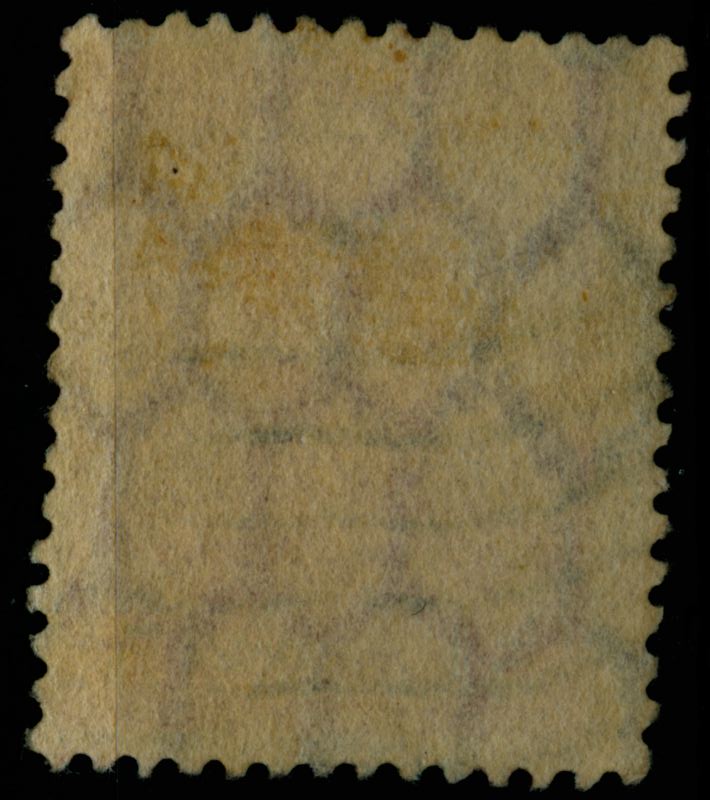
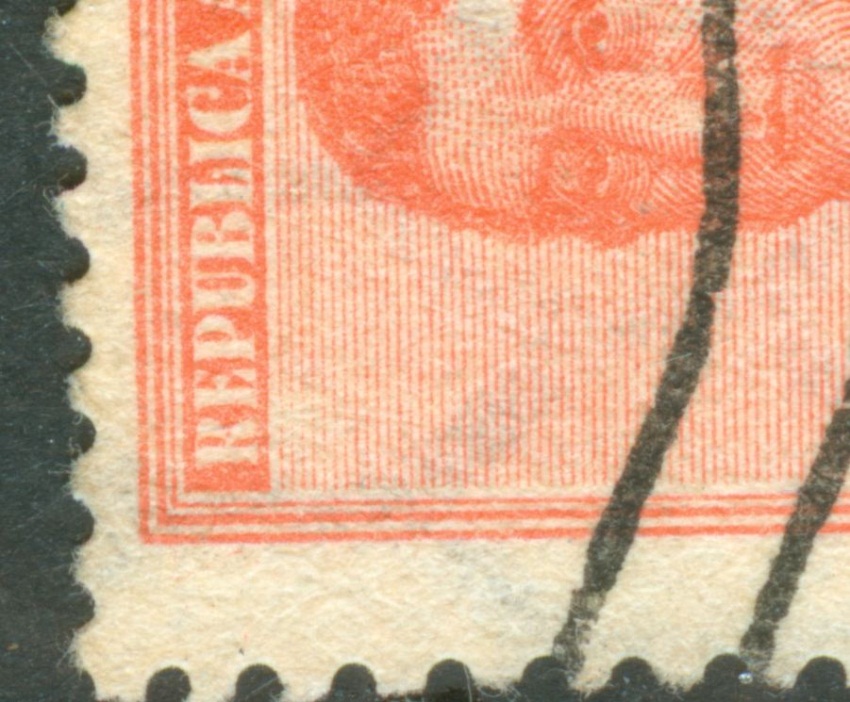
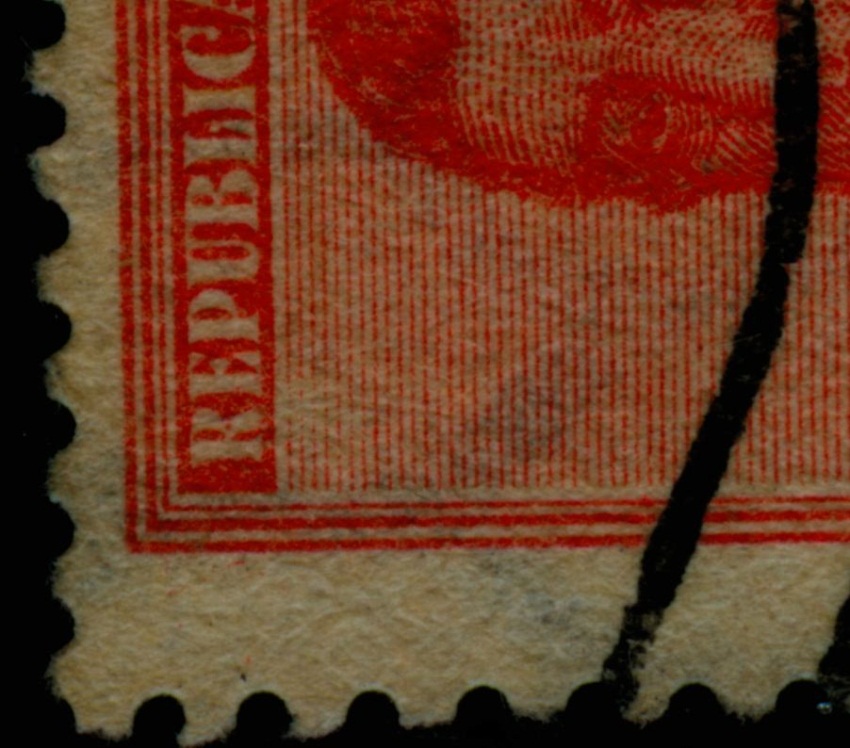
the grooves can be seen on the front of the paper - the grooves are supposedly always representing the wire side of the paper!
A rather long one as well on the same stamp!
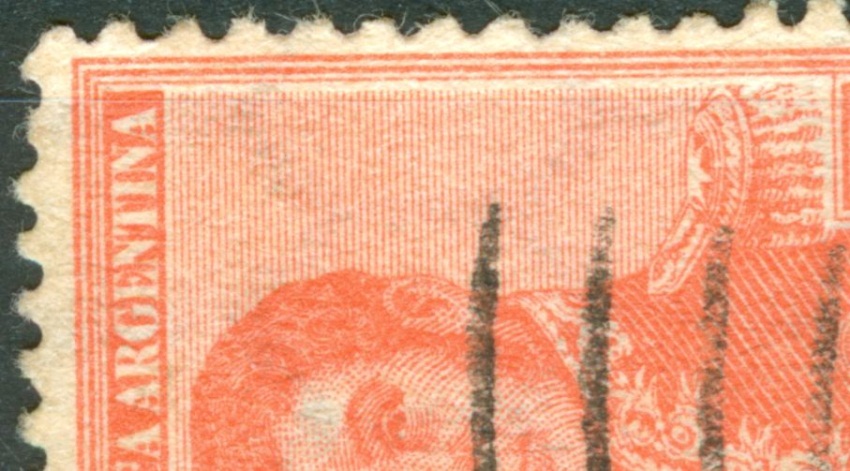
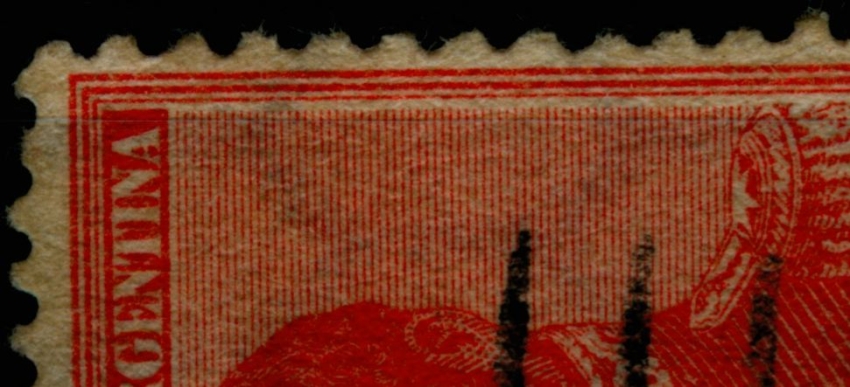
to be continued ...
Re: Hexagonal watermark transposed or normal!
Publicado: 06 Jul 2012 20:00
por Rein
However, we should expect the normal version as well!! With the grooves [surcos] at the gummed side.
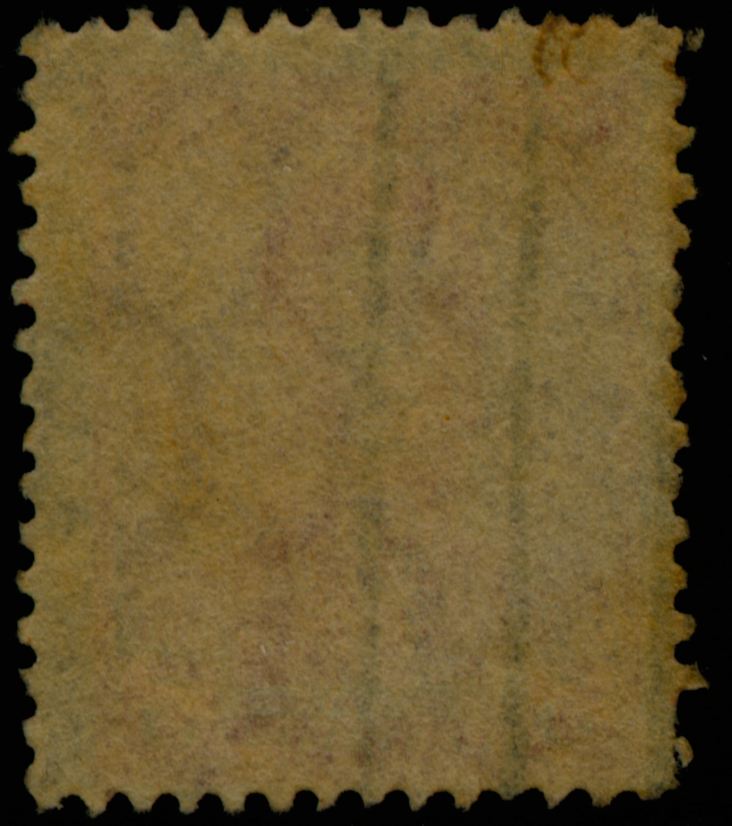
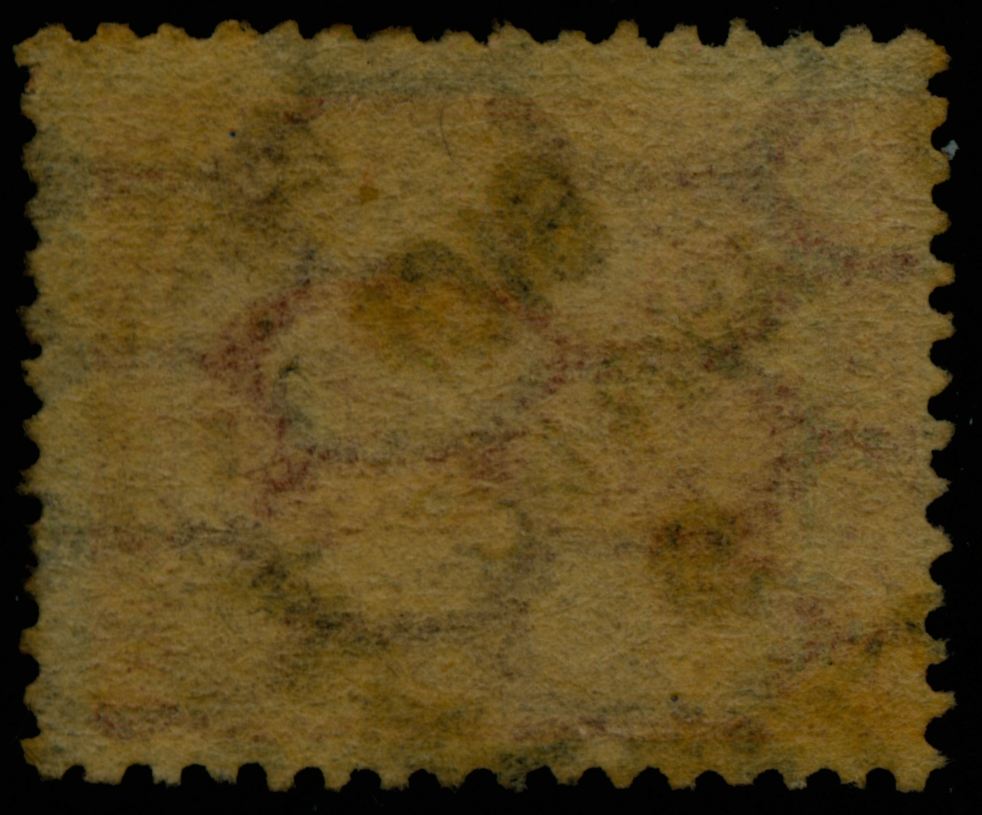
to be continued ...
Re: Hexagonal watermark transposed or normal!
Publicado: 06 Jul 2012 20:01
por Rein
However, we should expect the normal version as well!! With the grooves [surcos] at the gummed side.
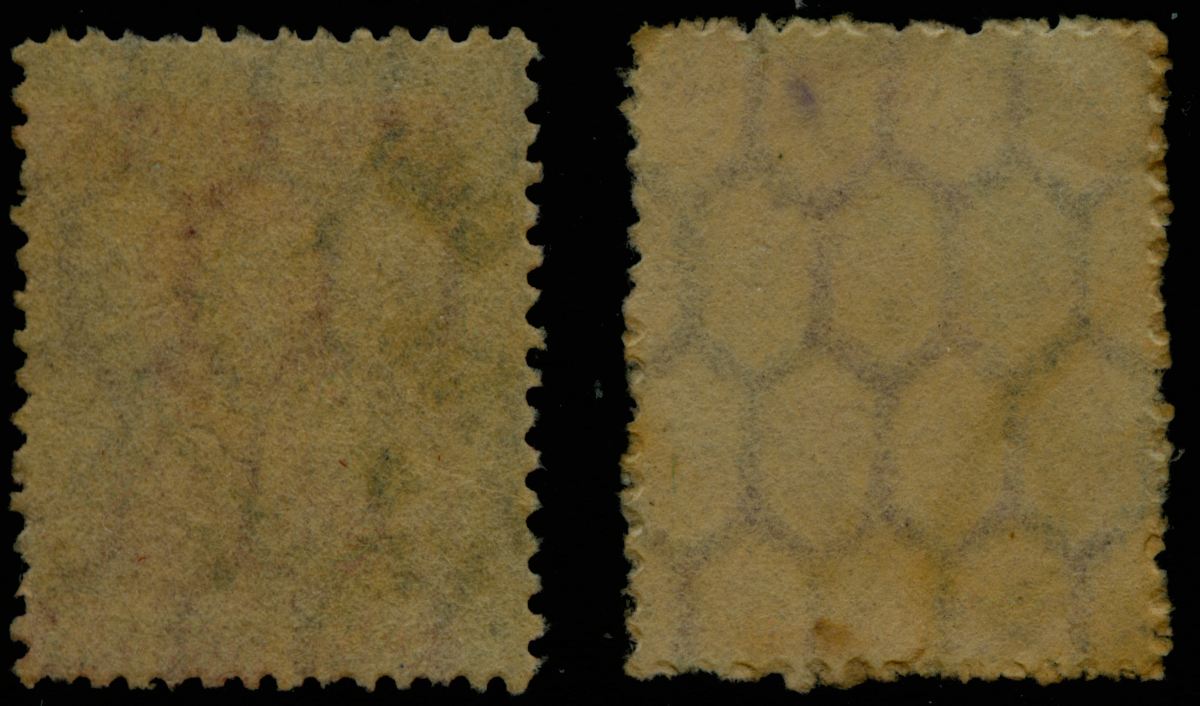
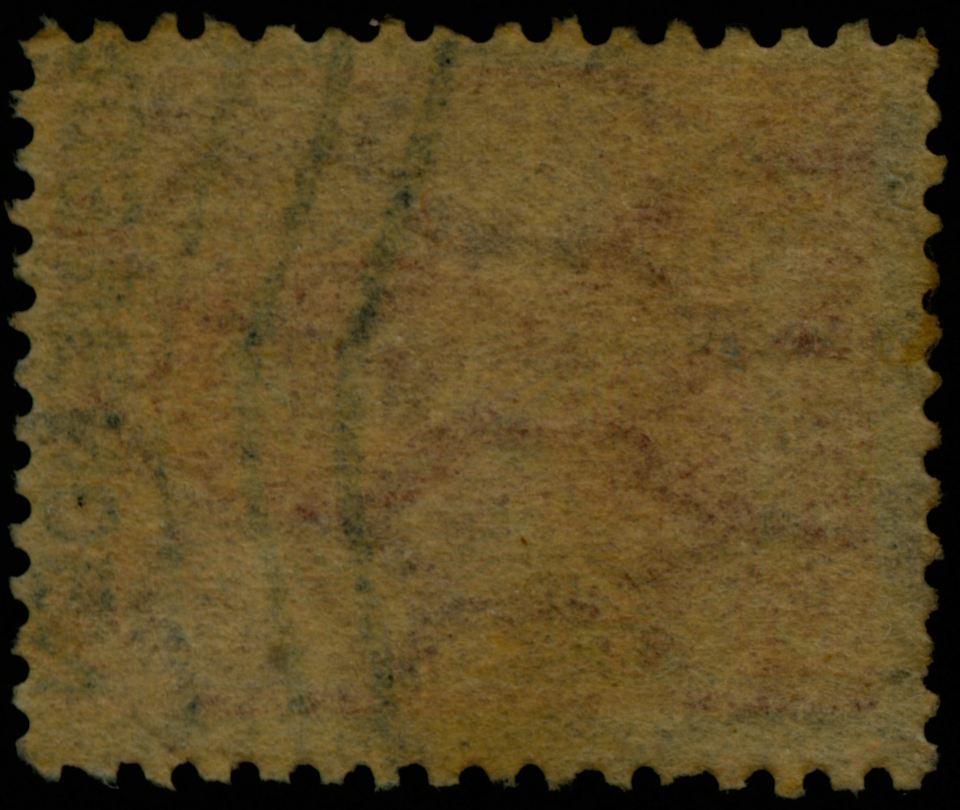
to be continued ...
Re: Hexagonal watermark transposed or normal!
Publicado: 06 Jul 2012 20:04
por Rein
However, we should expect the normal version as well!! With the grooves [surcos] at the gummed side - at the left.

Or no grooves!
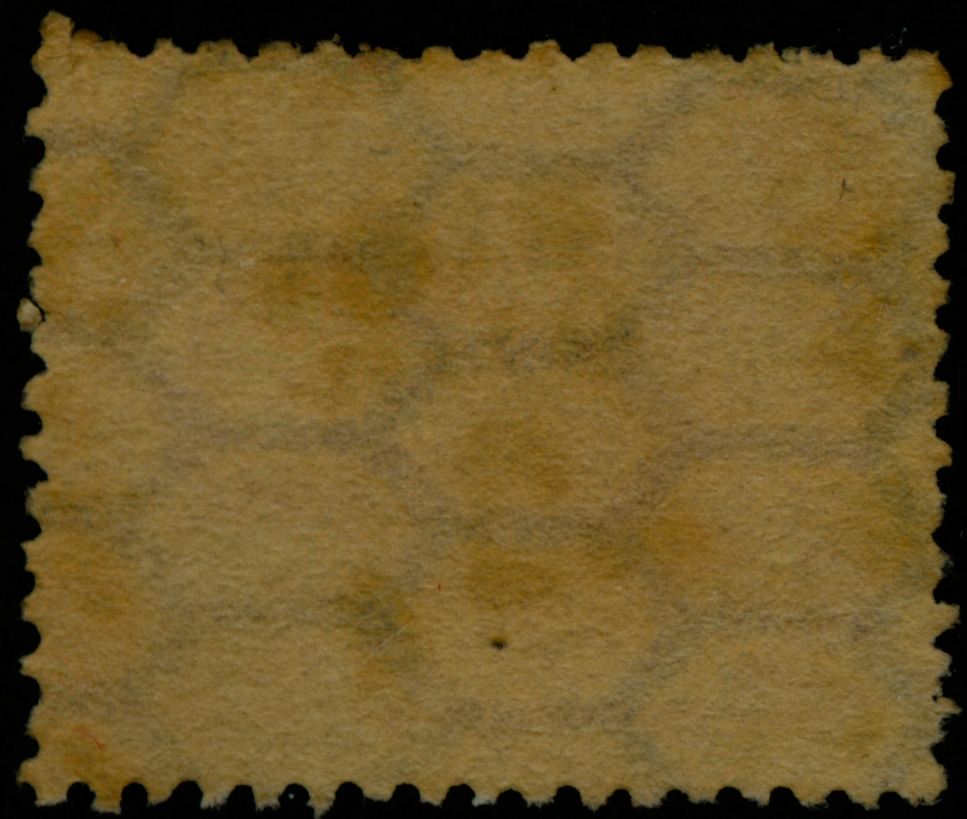
to be continued ...
Re: Hexagonal watermark transposed or normal!
Publicado: 06 Jul 2012 20:05
por Rein
However, we should expect the normal version as well!! Without grooves [surcos] at the gummed side.
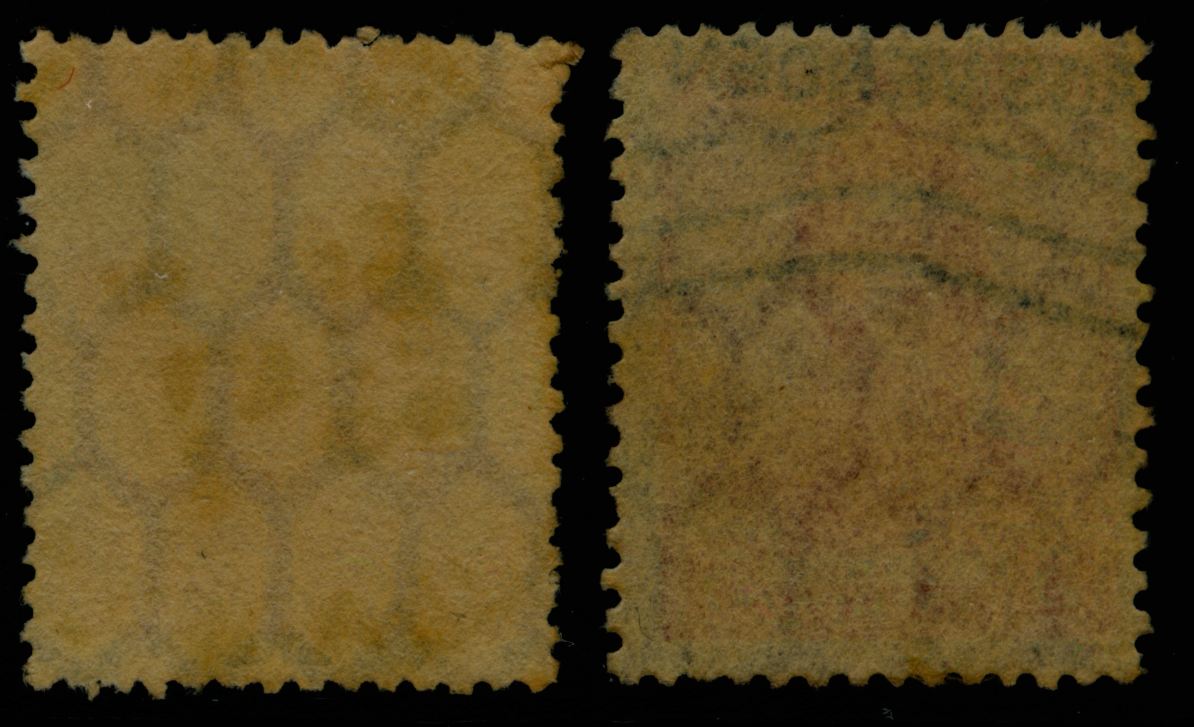
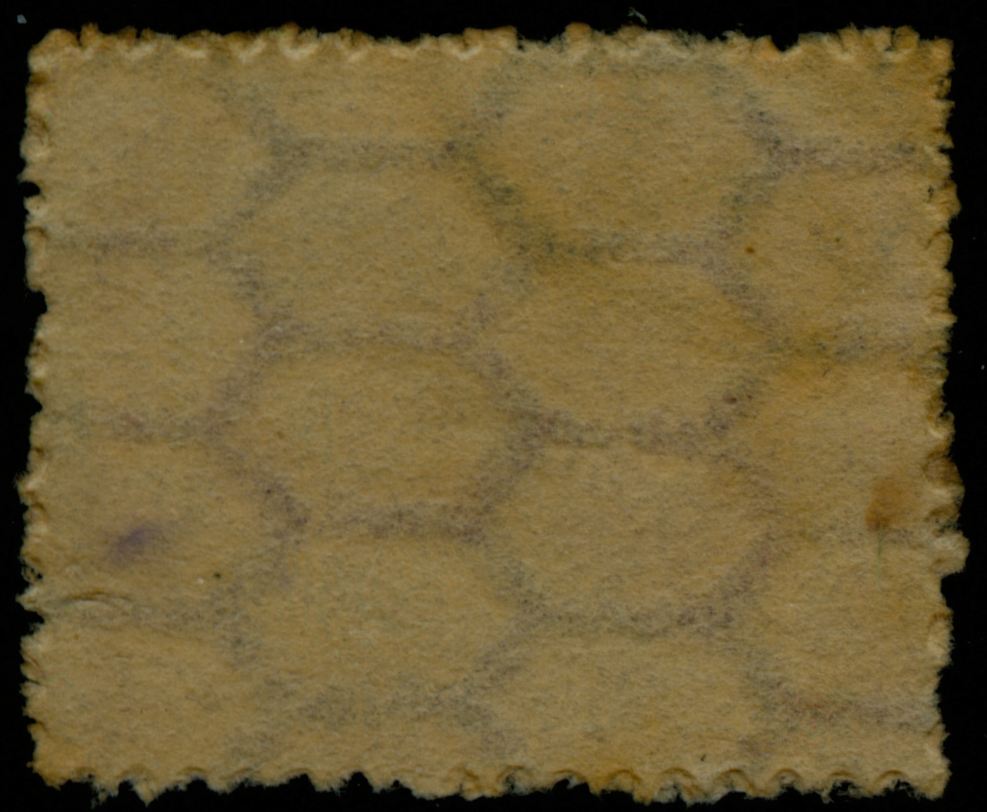
to be continued ...
Re: Hexagonal watermark transposed or normal!
Publicado: 06 Jul 2012 20:05
por Rein
However, we should expect the normal version as well!! With the grooves [surcos] at the gummed side.

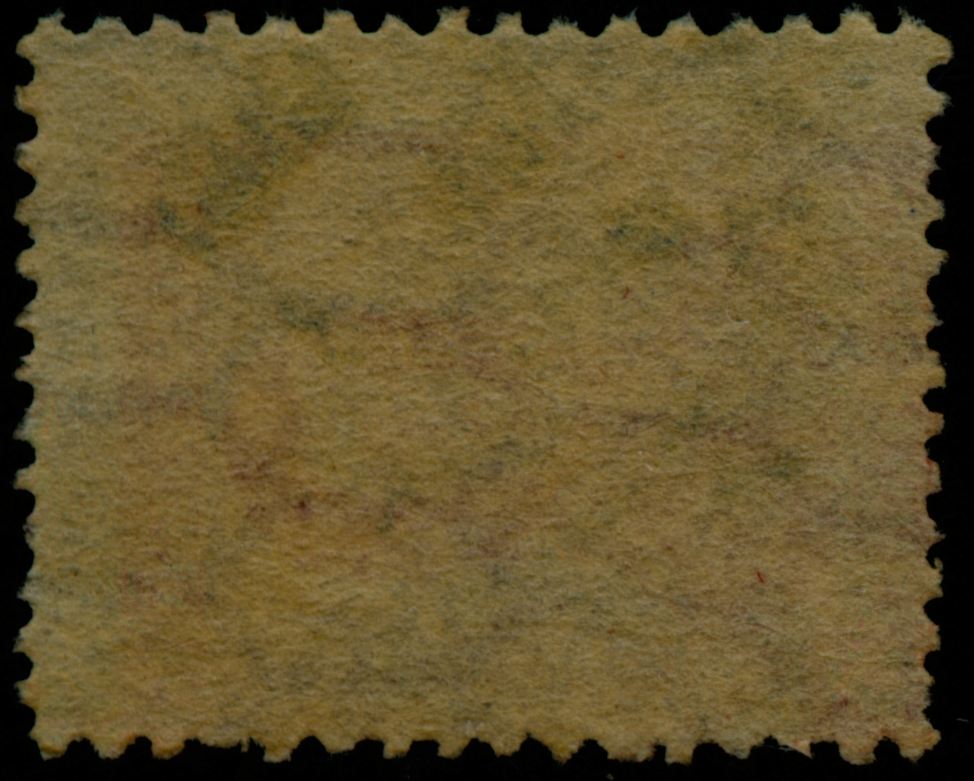
to be continued ...
Re: Hexagonal watermark transposed or normal!
Publicado: 06 Jul 2012 20:06
por Rein
However, we should expect the normal version as well!! With the grooves [surcos] at the gummed side.
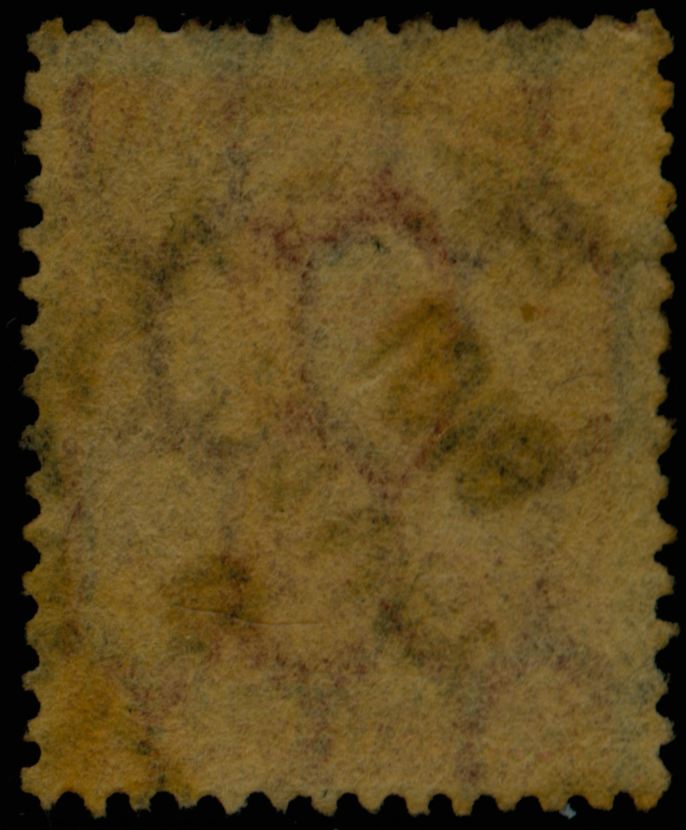
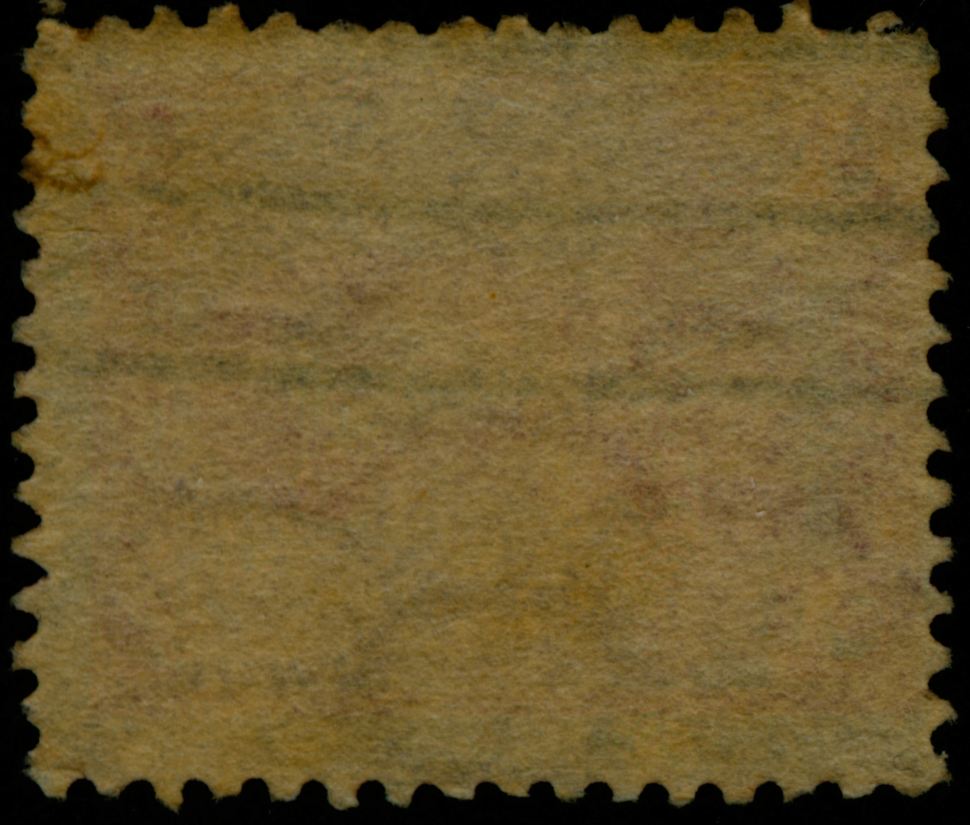
to be continued ...
Re: Hexagonal watermark transposed or normal!
Publicado: 07 Jul 2012 00:37
por Otin
Rein:
Your remark is a good one but in those times paper was gummed after printing, which means the workers didn´t pay too much attention to what side they were applying the gum on.
José
Re: Hexagonal watermark transposed or normal!
Publicado: 07 Jul 2012 00:37
por Otin
Rein:
Your remark is a good one but in those times paper was gummed after printing, which means the workers didn´t pay too much attention to what side they were applying the gum on.
José
Re: Hexagonal watermark transposed or normal!
Publicado: 07 Jul 2012 05:56
por Rein
Otin escribió:Rein:
Your remark is a good one but in those times paper was gummed after printing, which means the workers didn´t pay too much attention to what side they were applying the gum on.
José
José,
you are not saying what you wan to say!
as the stamp paper got gummed after the printing, the Casa de Moneda workers did not pay too much attention to what side they were PRINTING!
saludos, Rein
Re: Hexagonal watermark transposed or normal!
Publicado: 07 Jul 2012 05:59
por Rein
We should ask ourselves whether the difference between the transposed paper and the normal Italian paper with hexagonal watermark is not bigger than the difference between the German and the Italian hexagonals???
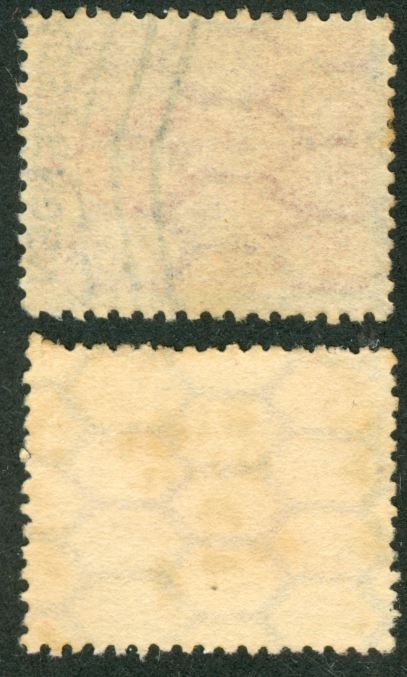
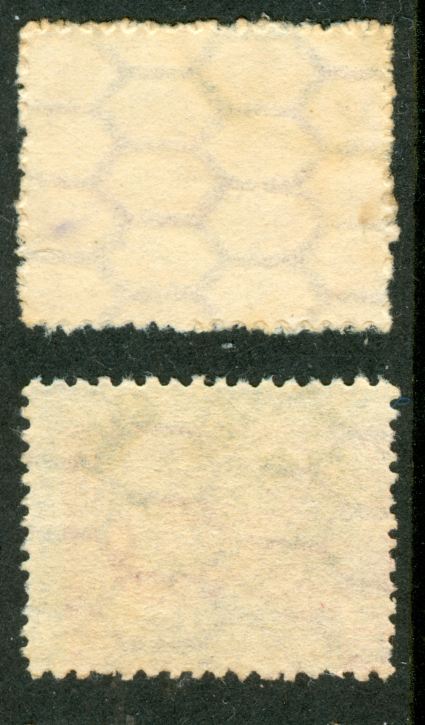
to be continued ...
Re: Hexagonal watermark transposed or normal!
Publicado: 08 Jul 2012 22:21
por Otin
Rein,
I suspect German paper was done with an intaglio dandy roll.
José
Sospecha que el pael alemán fue hecho con un bailarín en bajo relieve.
Merlo
Re: Hexagonal watermark transposed or normal!
Publicado: 10 Jul 2012 08:25
por Rein
Otin escribió:Rein,
I suspect German paper was done with an intaglio dandy roll.
José
Sospecha que el pael alemán fue hecho con un bailarín en bajo relieve.
Merlo
José,
what is typical for the italian paper is that the contour itself shows the felt-like fibers whereas the German paper NEVER shows any felt-like fibers within the contours or even outside!
saludos, Rein
P.S. we are in Poland now, in Wieliczka
Re: Hexagonal watermark transposed or normal!
Publicado: 10 Jul 2012 18:25
por Otin
Rein,
I think I don´t quite understand what you mean by "felt-like". On the other hand I think German paper has a diffrent calender treatment, making that paper a sort of "mate lustroso".
José
Re: Hexagonal watermark transposed or normal!
Publicado: 10 Jul 2012 19:06
por Rein
Otin escribió:Rein,
I think I don´t quite understand what you mean by "felt-like". On the other hand I think German paper has a diffrent calender treatment, making that paper a sort of "mate lustroso".
José
José,
have a good like at the outline of the hexagonals and you will see that the fibers look different from those within the hexagonals.... The German has been treated maybe as you said and that makes it quite "hard" and compact. Italian paper is softer and may remind us of the RR nitidos... These characteristics suffice for me and have nothing to do with shape of the watermark or its neatness.

saludos, Rein























